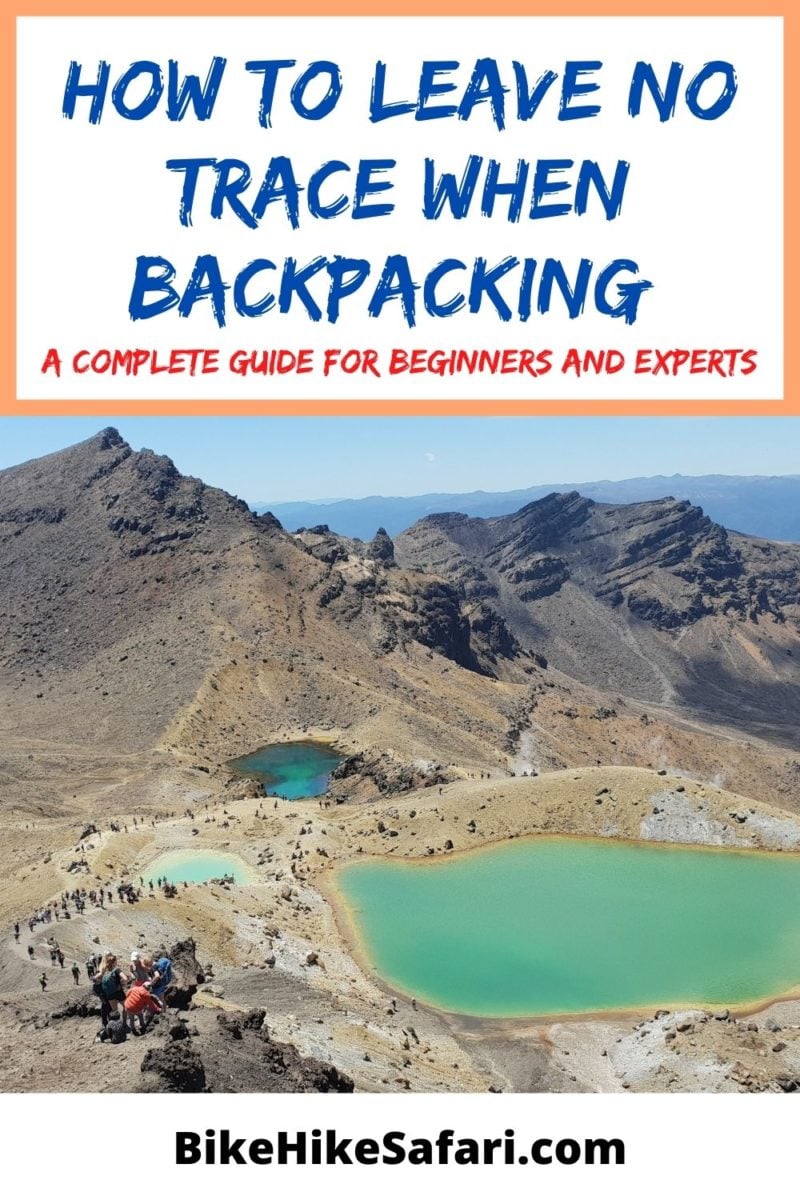The Seven Principles of Leave No Trace make it easier for people to follow specific rules when it comes to visiting the outdoors.
These principles do originate from backcountry settings, but they have been adapted so that they can be applied virtually anywhere.
They can be used in remote wilderness areas to local parks.
They also apply to lots of different recreational activities, and each principle will cover a different topic, providing detailed information on how you can minimize your impact.
The Leave No Trace Center for Outdoor Ethics often reevaluated these principles to ensure that they are relevant, and it is important to stay up to date with these principles.
This will help to ensure that you are not negatively impacting the natural environment following your visit.
What Are the Leave No Trace Principles?
The leave no trace principles are in place to ensure that the billions of people that are heading out into the outdoors each year are being responsible.
Lots of outdoor areas suffer from things like litter, invasive species, habituated wildlife, trail erosion, polluted water sources, and more.
Most of us do not intend to cause harm to our natural surroundings, but a lack of knowledge on how to preserve it is often an issue.
This is where the leave no trace principles come into play. You can look at these principles and follow them wherever you go outdoors to minimize your impact on the environment.
The Seven Principles
- Plan ahead and prepare.
- Travel and camp on durable surfaces.
- Dispose of waste properly.
- Leave what you find.
- Minimize campfire impacts (be careful with fire).
- Respect wildlife.
- Be considerate of other visitors.
Plan Ahead and Prepare
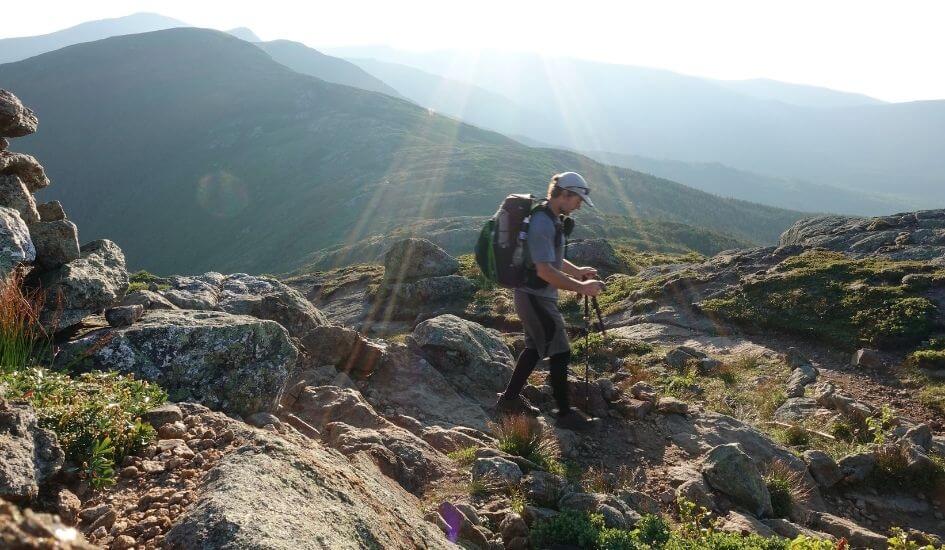

If you are not properly prepared, you are more likely to create issues. Anyone heading out into the backcountry without doing at least a little bit of research can end up in situations where you could become tired or in trouble, which can lead you to make poor choices.
Planning ahead involves researching your chosen destination and packing appropriately.
You should:
- Know the regulations or special concerns in the area you are visiting
- Prepare for any extreme weather, hazards, and emergencies
- Schedule your trip to avoid busier periods
- Visit in smaller groups if possible
- Repackage food to minimize waste
- Use a map and compass so you don’t have to use marking paint, rock cairns or flagging
Travel and Camp on Durable Surfaces
When you are exploring your surroundings or camping overnight, you should look for resilient types of terrain. Some ideal surfaces include established trails and campsites, rock, gravel, dry grasses, or snow.
Rules for frontcountry or backcountry:
- Try to use existing trails and campsites.
- Camp at least 200 feet away from lakes and streams
- Keep campsites small and focus activity in areas where vegetation is absent
- Walk single file in the middle of the trail, even when it’s wet or muddy
Rules for pristine areas:
- Disperse from others to prevent the creation of campsites and trails
- Avoid places where impacts are starting
Dispose of Waste Properly
This principle applies to everything from litter to human waste to rinse water. You should inspect your campsite and rest areas for trash when you are leaving and ensure that you are removing any trash, leftover food, and litter.
You should always leave the place cleaner than you found it. You should ensure that you pack away any hygiene products, and never use cleaning products in natural water sources.
If you need to poo, then deposit solid human waste in a deep cat hole and carry out your toilet paper in a zip lock bag.
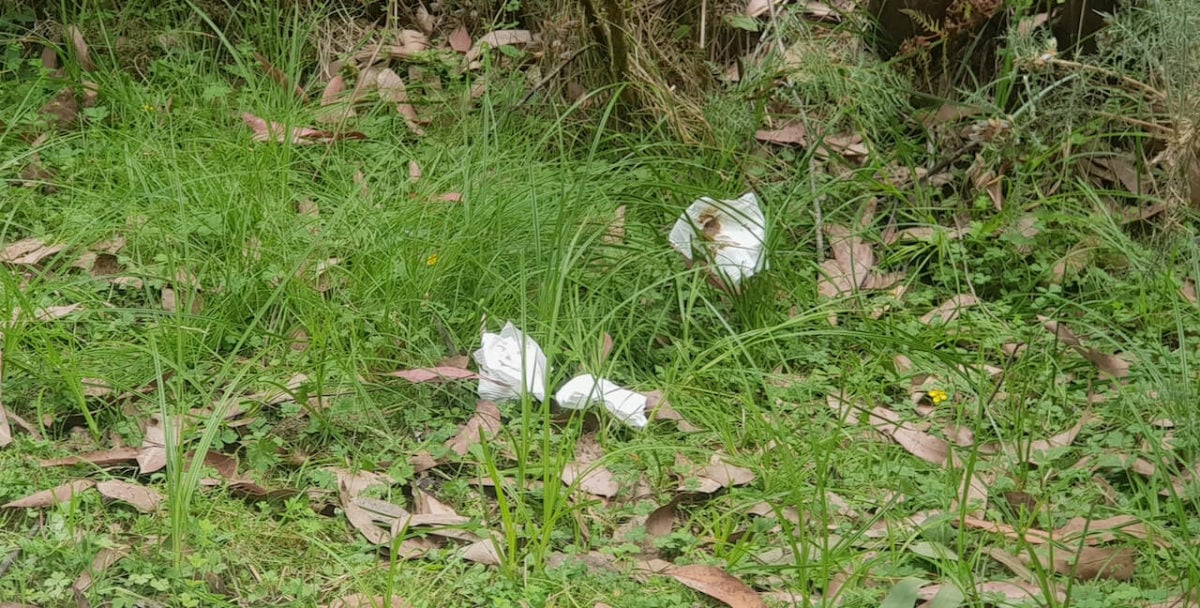

Minimize Campfire Impacts
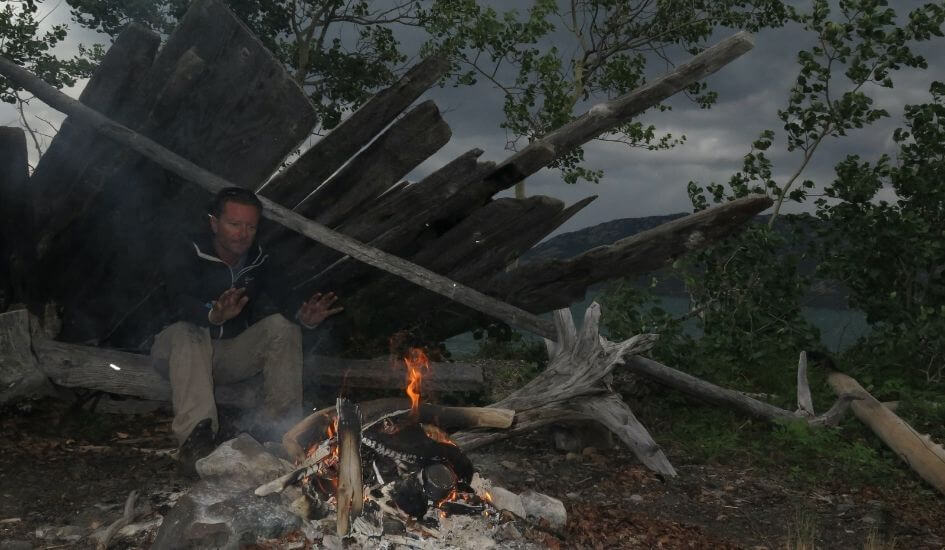

Campfires can be one of the most destructive camping rituals that there is. Better alternatives to starting a campfire include the use of a lightweight stove for cooking and a candle lantern for light.
In areas where fires are permitted, you should ensure that you are using established fire rings, fire pans, or mound fires. Always keep your fires small, and only use sticks that you have found on the ground.
You should burn all wood and coals to ash, and ensure that you are completely extinguishing the fire. Do not bring firewood with you from your home, as this could introduce new pests and diseases to the area.
Leave What You Find
To preserve the area, you should never touch any cultural or historic structures and artifacts. You should also leave any rocks, plants, and other natural objects as you have found them.
Try to avoid introducing or transporting non-native species by cleaning the soles of your shoes, kayak hulls, and bike tires between trips. Do not build any structures or furniture or dig any trenches.
Respect Wildlife
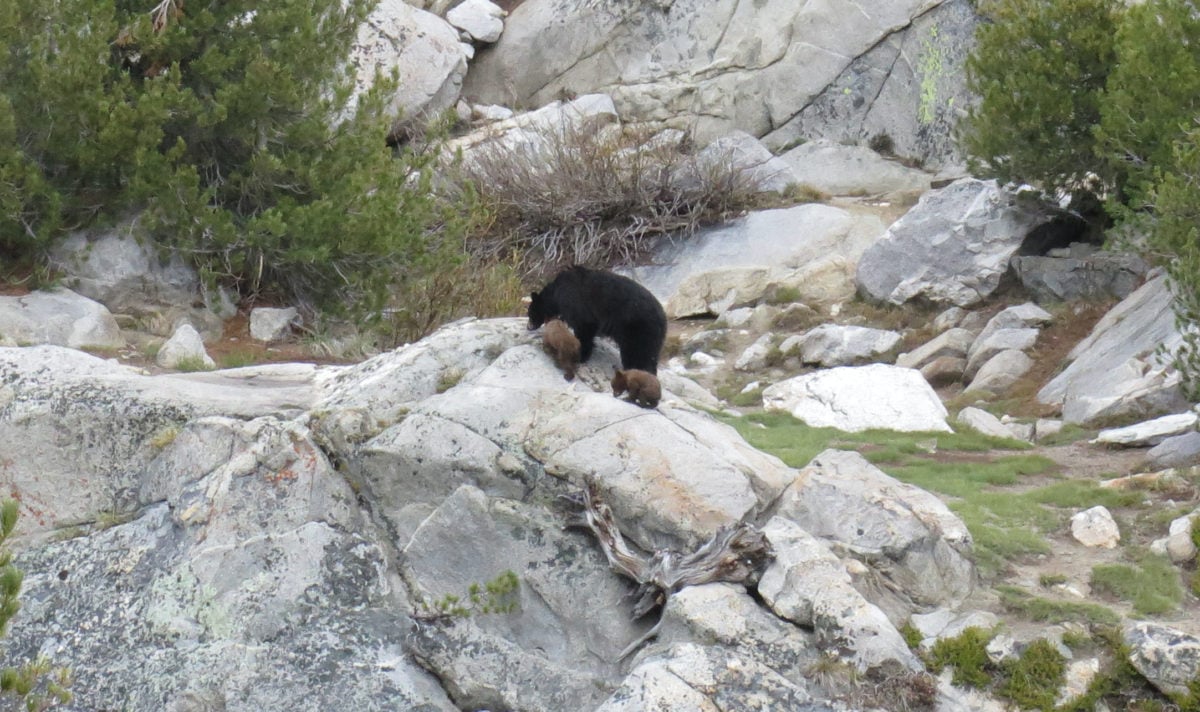

Observe wildlife from a distance, but you should never follow or approach them.
You should also never feed any animals that you do come across, as feeding wildlife can damage their health, alter natural behaviors, and expose them to predators and other dangers.
You can better protect wildlife and your food by storing any rations that you do have securely and making sure that your trash is also secure. If you have any pets with you, you will need to have control of them at all times.
If you can’t do this, you should leave them at home. You should also be sure to avoid wildlife during sensitive times, like when they are mating, nesting, raising young, or during the winter.
Be Considerate of Other Visitors
You might have already heard this before, but you should only ever treat others like you would want to be treated. You should always show respect to other visitors and protect the quality of their experience when you can.
One of the more annoying practices that is becoming more commonplace is hikers using Bluetooth speakers to blast out tunes when hiking. This is one of the most annoying and inconsiderate things to do, please stop, and let nature’s sounds prevail.
It also wouldn’t hurt to be courteous at times and yield to other users who are on the trail. You should step to the downhill side of the trail if you come across pack stock, like horses and mules.
It can be useful to camp away from trails and other visitors and avoid loud voices and noises. Always keep control of any pets.





